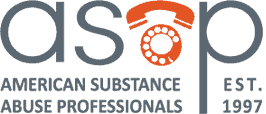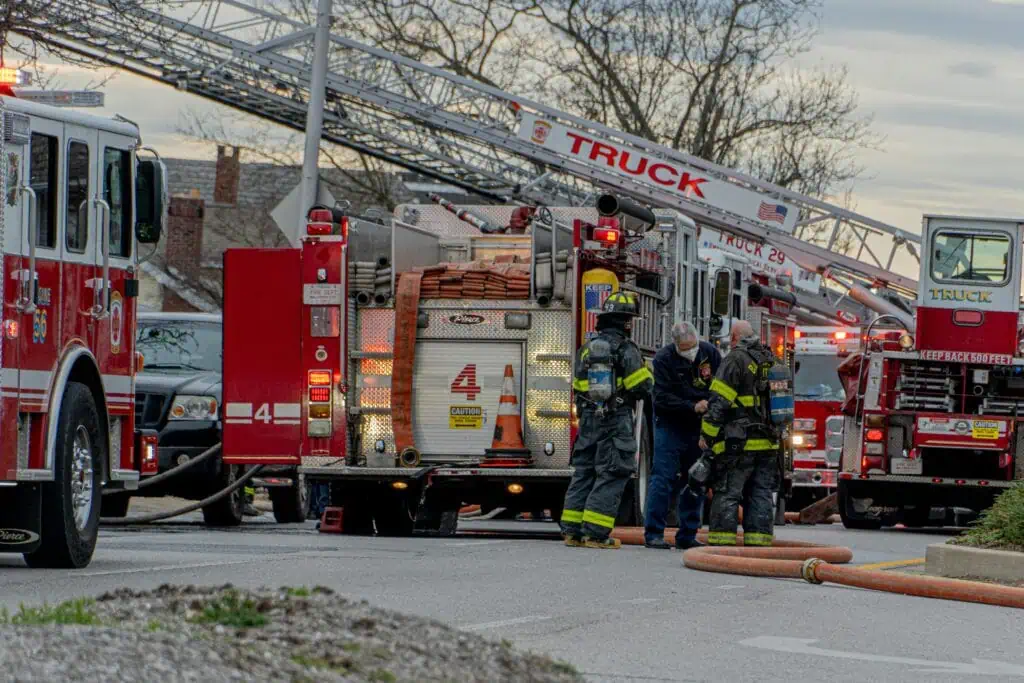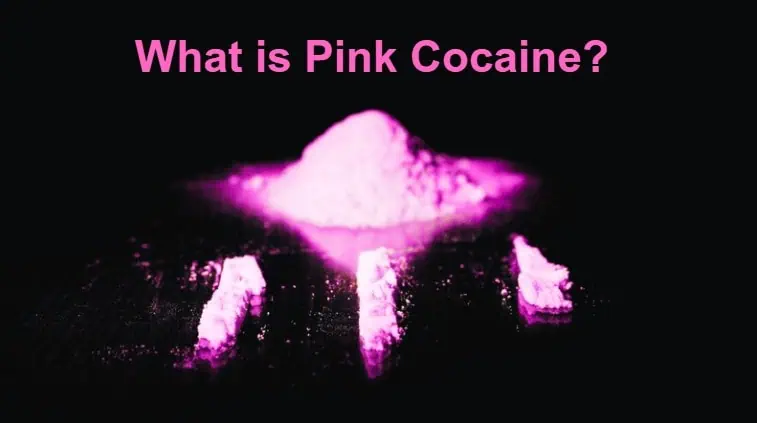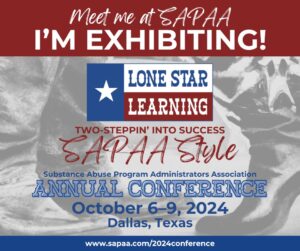The Benefits of Offering a Second Chance
By Susan Reed, ASAP When an employee fails a DOT drug test (DOT alcohol test) or violates their company policy, the repercussions are felt by the employer and the employee. Employers are losing a skilled employee and need to consider […]
The Benefits of Offering a Second Chance Read More »











